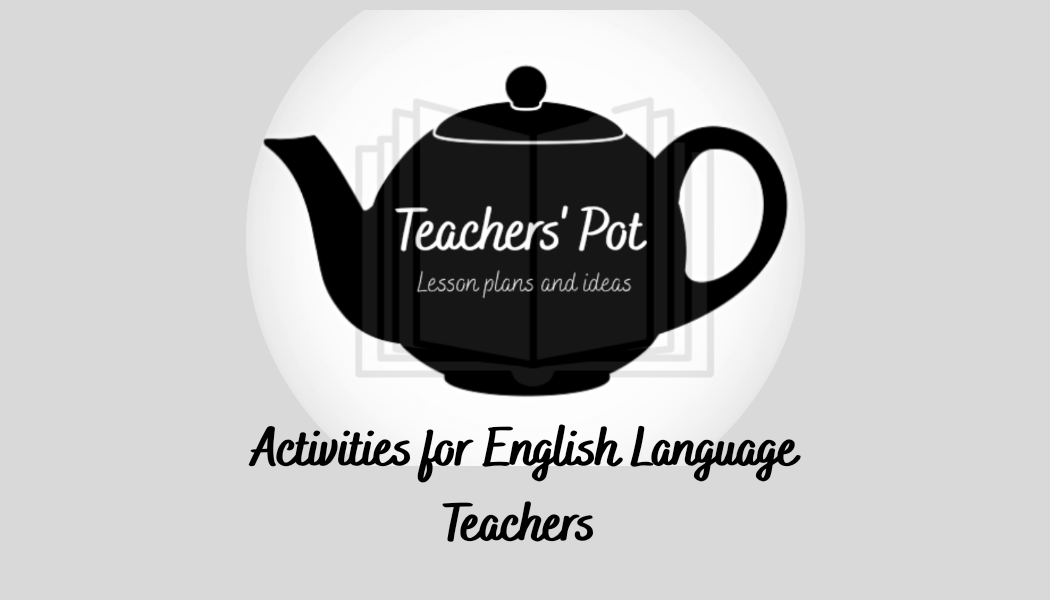In this post I'd like to share a lesson I prepared for my upper-intermediate/advanced, adult students. I'm sure it could also work well with older teens and young adults. The lesson aims at revising the second conditional, practising listening, reading and speaking skills, as well as introducing some vocabulary.
I. Divide your students into four groups and give each group one of these photos (or photo 1, photo 2, photo 3, photo 4 ). Each group needs to describe their photo to their classmates in as much detail as possible.
Then ask everyone what the photos have got in common (they show a world without people)
II. Ask each group to discuss the following question: What would happen if every human suddenly disappeared? Let students brainstorm a few ideas in their small groups before sharing them with everybody. (Remember to encourage everyone to speak and use the second conditional.You can write their ideas up on a whiteboard).
III. Play this TED talk and ask your students to compare their previously discussed ideas to the ones from the video. Ask them to remember/note what the speaker says about the world without people. After watching the video spend some time on discussing it.
IV. Hand out this worksheet and ask students to do exercise I. Check their answers and talk about anything they found surprising.
V. Move on to exercises II and III to work on vocabulary. I told my students to do the exercises on their own first and then discuss their answers with their partners but you can choose another interaction pattern. Check their understanding of the words by asking various concept questions and asking them to use the words in a context.
VI. Question IV might be answered in small groups first and then turned into a whole class discussion. Your students can later use the ideas to write a short essay on this topic (perfect homework ;) ).
You can play this taboo game in your next lesson to revise the vocabulary and have some fun :)
Hope you and your students will enjoy my lesson!





